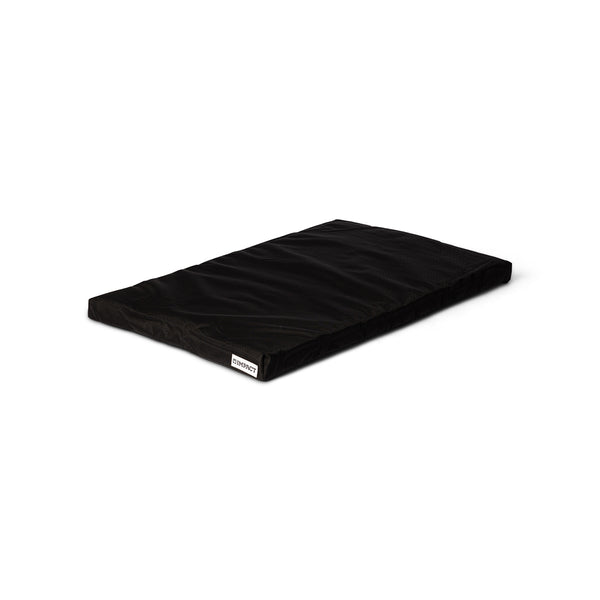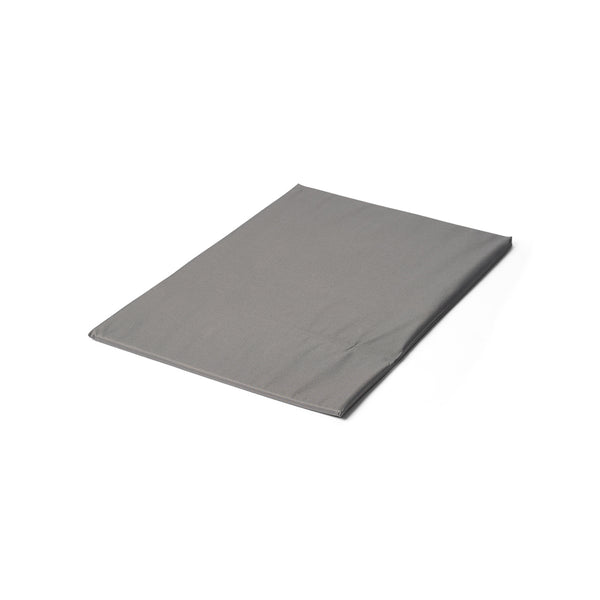Providing good nutrition is essential to raising a happy and healthy dog. During those early months, one important decision you'll need to make is when to transition your puppy from puppy food to adult food. The right timing depends on a few factors, including your dog’s breed size, stage of development, and overall energy level. We’re here to walk you through the transition step by step.
Why Timing Matters
Puppy food is specially formulated to support healthy growth. It’s higher in calories, protein, and essential nutrients. If your puppy stays on puppy food too long, they may be at greater risk for weight gain and nutritional imbalances. On the other hand, switching too early can slow development. Understanding your dog’s breed and growth stage will help make this transition smoother and healthier.
Toy Breeds (Under 10 lbs)
Transition Age: 8 to 10 months
Examples: Chihuahua, Pomeranian, Yorkie
These tiny pups grow quickly. Most toy breeds reach their full size before they turn one. If your toy dog is especially active, still zooming around the house or participating in training, they may benefit from staying on puppy food a little longer.
Tip: Monitor your puppy’s weight and energy. Once they stop growing upward and start filling out sideways, it’s likely time to make the switch.
Small Breeds (10 to 25 lbs)
Transition Age: 10 to 12 months
Examples: Dachshund, Shih Tzu, Miniature Schnauzer
Small breeds usually finish growing a little later than toy breeds. If your small pup is very active or takes regular walks, it’s generally safe to continue feeding puppy food until they are around 12 months old.
Important Note: Pay close attention to the quality of the food and your dog’s calorie needs. Just because your dog is energetic doesn't mean they need more food. It’s more about choosing the right kind of nutrition.
Medium Breeds (25 to 50 lbs)
Transition Age: 12 to 14 months
Examples: Border Collie, Cocker Spaniel, Bulldog
Medium-sized breeds continue growing throughout their first year. Most can be transitioned to adult food around their first birthday. However, if your puppy is involved in sports like agility or working dog training, they may benefit from staying on a performance puppy formula a bit longer to support their energy and muscle development.
Important Note: Make the transition gradually. Mix increasing amounts of adult food with the puppy food over a 7 to 10 day period to help avoid digestive upset.
Large Breeds (50 to 100 lbs)
Transition Age: 14 to 18 months
Examples: Labrador Retriever, Golden Retriever, German Shepherd
Large breed puppies take longer to grow and mature. Switching to adult food too soon can put stress on their developing bones and joints. It’s best to feed a large breed puppy formula for at least 14 months. If your dog is still active or growing, it’s perfectly safe to wait until 18 months.
Key Tip: Look for puppy and adult foods that include joint-supporting nutrients such as glucosamine and chondroitin.
Giant Breeds (Over 100 lbs)
Transition Age: 18 to 24 months
Examples: Great Dane, Mastiff, Saint Bernard
Giant breeds require careful attention to nutrition. Growing too quickly can place excessive stress on bones and joints. A specially formulated giant breed puppy food should be fed until at least 18 months of age.
If your dog is involved in training or working activities, consider using a performance-based puppy formula to support stamina and muscle growth.
Caution: Avoid overfeeding. Overfeeding giant breeds can lead to long-term health issues. Always consult your veterinarian to determine the best approach.
Why Energy Levels Matter
Every dog is different. A calm, less active dog might be ready to transition to adult food earlier than a highly energetic or working dog that still needs extra nutritional support.
Here’s what to consider when deciding:
-
Breed size
-
Growth rate
-
Daily activity and energy levels
-
Recommendations from your veterinarian
Performance Puppy Formulas
If your puppy is already in training or gearing up for high-activity work, a performance puppy formula can be a great option. These formulas help support stamina, muscle recovery, and overall physical development, especially for dogs training to be herders, hunters, or competitors.
Once your dog’s growth begins to level off, you can begin transitioning to a high-quality adult formula that continues to provide the support they need.
https://www.akc.org/expert-advice/dog-breeding/transitioning-puppy-adult-food-based-breed-size/













